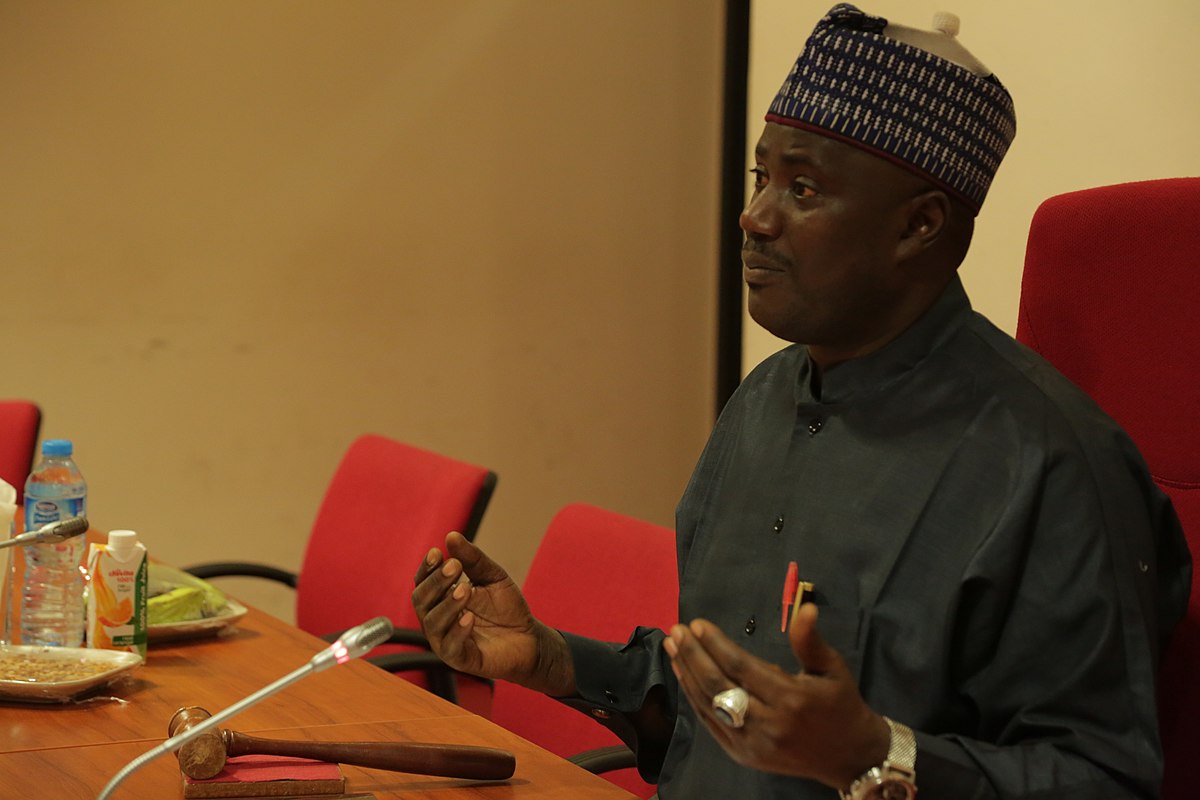
Sen. Aliyu Abdullahi, the Minister of State for Agriculture and Food Security, says the livestock sector has the potential to contribute more than 11 billion dollars annually to Nigeria’s economy if properly harnessed.
Abdullahi communicated this at the 3rd meeting of the Peste Des Petits Ruminants (PPR) Global Eradication Programme Regional Roadmap and Blueprint Consumption Consultation in the West Africa Region Hybrid conference on Monday in Abuja.
He said that the livestock sector contributed about 17 per cent of the agricultural gross domestic product (GDP) and five per cent of the national GDP.
“Unfortunately, the production, trade, and marketing of sheep and goats are seriously constrained by the continuous presence of PPR, which limits its productivity and access to markets.
“This disease often causes large financial losses, particularly detrimental to small ruminant farmers.
“That is why the Renewed Hope Agenda of the current government is committed to improving the livestock sub-sector as a means of fostering economic growth,’’ he said.
He added that the agenda was to also ensure food security and enhance the livelihoods of our people.
Abdullahi said that the eradication of PPR and other major transboundary animal diseases (TADs) was a critical component of this agenda.
According to him, by eliminating this disease, it will not only protect the nation’s livestock but also empower rural communities and contribute to the nation’s economic resilience.
On his part, Dr Otto Muhinda, Country Team Leader, FAO Emergency Centre for Transboundary Animal Diseases (FAO-ECTAD), who represented the FOA Country Representative, Dominque Kouacou, said PPR and other small ruminant diseases respected neither national nor regional borders.
“We must do all we can to provide cross-border collaboration and actions, in line with the episystems approach of the PPR eradication strategy,” he said.
He said that in Africa, FAO had been working closely with the African Union Commission (AUC) for the formulation and implementation of continental, regional and national strategic plans.






